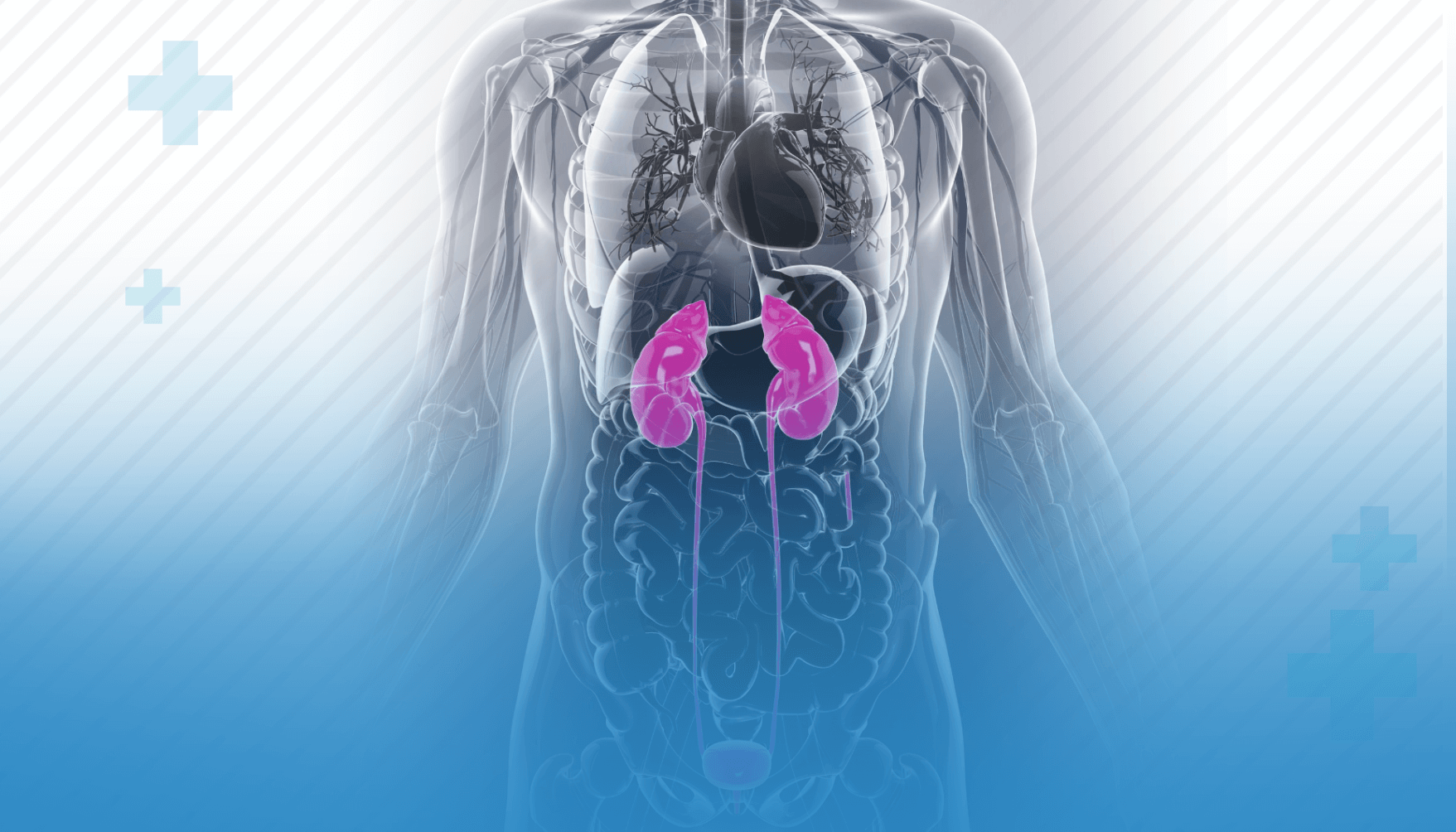Urologist
Urologist: Your Partner in Urological Health
If you are experiencing any discomfort or issues related to your urinary system or reproductive organs, it is important to seek the expertise of a qualified urologist. A urologist is a medical
professional who specializes in diagnosing and treating conditions that affect the urinary tract and male reproductive system.
Some of the most common conditions that a urologist can diagnose and treat include :
- Urinary Tract Infections: A urinary tract infection (UTI) is a bacterial infection that affects the urinary system, including the bladder, urethra, and kidneys. Symptoms of a UTI include painful urination, frequent urge to urinate, and lower abdominal pain. UTIs can be easily treated with antibiotics, but if left untreated, they can lead to more serious complications such as kidney damage.
- Kidney Stones: Kidney stones are small, hard mineral deposits that form in the kidneys and can cause severe pain when passing through the urinary tract. Symptoms of kidney stones include severe pain in the back or side, nausea, and blood in the urine. Treatment options for kidney stones range from pain management to surgical removal, depending on the size and location of the stone.
- Bladder Cancer: Bladder cancer is a type of cancer that affects the lining of the bladder. Symptoms of bladder cancer include blood in the urine, frequent urination, and painful urination. Treatment options for bladder cancer include surgery, chemotherapy, and radiation therapy.
- Prostate Cancer: Prostate cancer is a type of cancer that affects the prostate gland in men. Symptoms of prostate cancer may not be present in the early stages, but can include difficulty urinating, blood in the urine or semen, and pain in the back, hips, or pelvis. Treatment options for prostate cancer include surgery, radiation therapy, and hormone therapy.
- Erectile Dysfunction: Erectile dysfunction (ED) is a condition that affects a man's ability to get or maintain an erection. Causes of ED can include underlying medical conditions such as diabetes or high blood pressure, as well as psychological factors. Treatment options for ED include medications, lifestyle changes, and therapy.
- Infertility: Infertility is a condition that affects a couple's ability to conceive a child. Causes of infertility can include a variety of factors such as hormonal imbalances, structural issues, and genetic conditions. Treatment options for infertility can range from medication to assisted reproductive technologies such as in vitro fertilization (IVF).
Visiting a urologist can be a daunting prospect for many individuals. However, it is essential to remember that urologists are highly trained professionals who specialize in treating conditions related to the urinary system and male reproductive organs.
They are here to help you manage your symptoms and provide you with the necessary guidance and care to ensure optimal urological health.
When you visit our urologist, they will take the time to listen to your concerns and symptoms, perform a physical examination, and order any necessary diagnostic tests.
Based on the results of these tests, they will develop a personalized treatment plan to help you manage your condition.
At Medicaid, we are committed to providing our patients with the highest quality urological care.
Our team of experienced urologists and medical professionals are dedicated to helping you achieve optimal urological health, so you can get back to enjoying life to the fullest.

